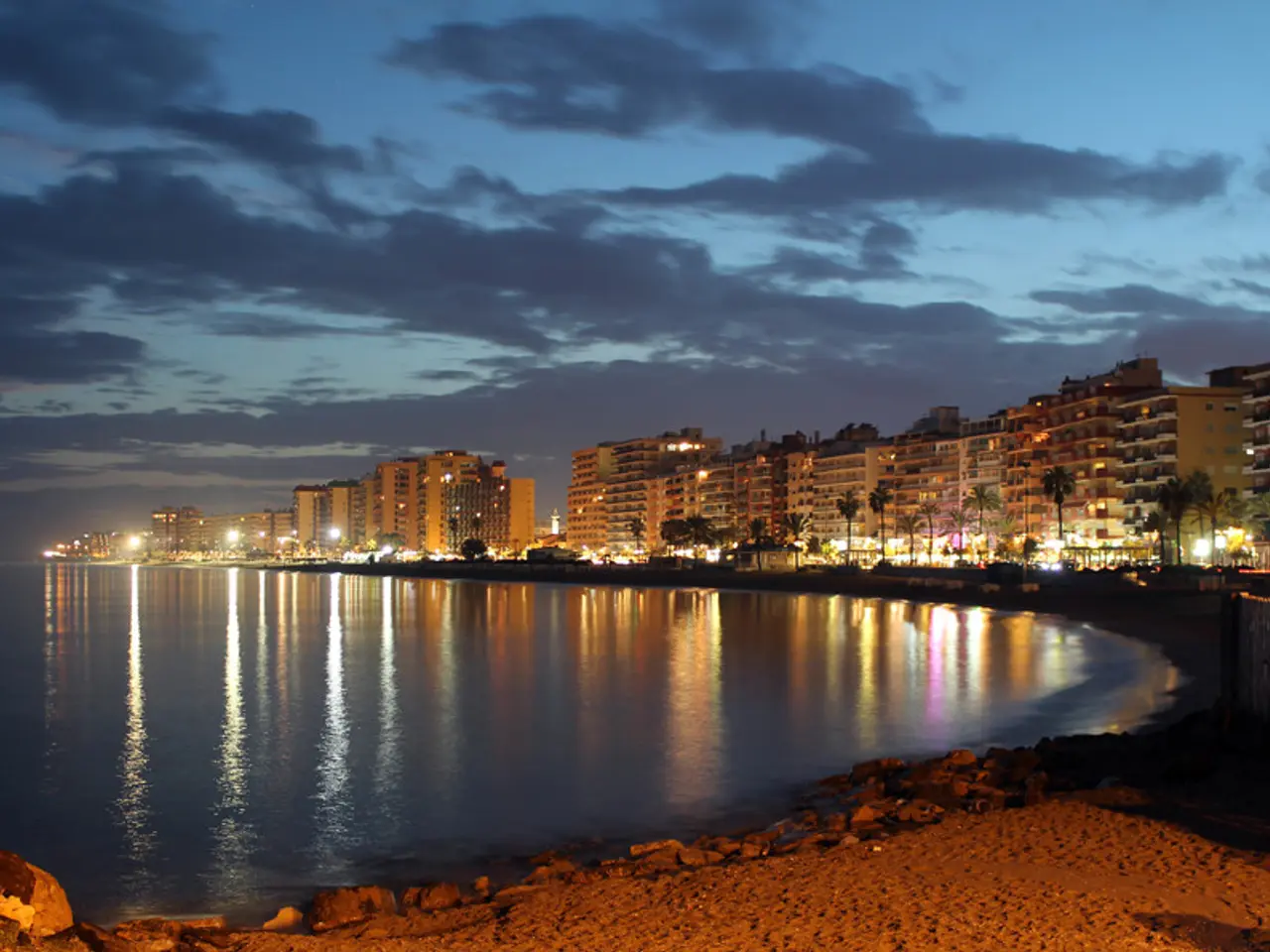Barcelona Port Shuts Down Two Cruise Ship Terminals to Combat Excessive Tourism
Barcelona, the most popular cruise destination in Europe, has announced a plan to reduce its cruise terminal capacity and combat overtourism. The plan, which involves cutting the number of cruise terminals from seven to five by 2030, aims to limit cruise traffic growth and better manage visitor numbers that affect residents' quality of life.
Key details of the plan include:
- Demolition of three older terminals at Moll Adossat Wharf (terminals A, B, and C) to consolidate cruise activity. These will be replaced by a single new state-of-the-art public terminal at the site of terminal C, designed to serve up to 7,000 passengers at one time. The new terminal is expected to partially open in 2028.
- The strategy prioritizes homeporting cruises—ships that start or end their trips in Barcelona—which typically generate more economic benefit and local employment, over short one-day stopovers that contribute less economically but add significant pressure to the city.
- There is also a plan for modernization of port infrastructure and sustainable mobility, including improved road and pedestrian access to the port area to better connect the cruise terminal with the city. This supports shifting cruise operations toward larger, more efficient facilities concentrated away from the city center, reducing congestion and environmental impact in central areas.
- The city’s move is tied to tackling overtourism and its effects on residents, including protests against mass tourism and housing challenges, with parallel policies like a ban on short-term tourist rentals by 2029 to protect local neighborhoods.
In addition to these measures, the Port of Barcelona has signed a protocol with the city council to reorganize and make cruise activity more sustainable. The agreement aims to create a sustainable mobility plan for Barcelona and includes €185 million in combined public and private investment.
Barcelona drew 26 million tourists in the previous year, exacerbating local tensions. In response to the 2024 mass tourism protests, Barcelona dropped its "Visit Barcelona" slogan to "This is Barcelona." Measures have also been taken to restrict group tours to certain parts of the city, and the mayor, Jaume Collboni, announced plans to fully ban short-term accommodation from November 2028.
The plan comes as part of larger efforts to handle the imminent pressure of overtourism in Spain. In 2024, the Port of Barcelona welcomed 1.6 million cruise passengers "in transit," and two cruise terminals at the port will close by 2030. Protests erupted in Barcelona in June 2025, with demonstrators chanting, "Your holidays, my misery."
The Port of Barcelona's sustainable mobility and port modernization plan centers on consolidating cruise terminals, reducing overall cruise passenger capacity, prioritizing economically beneficial cruise types, and enhancing transit links to decrease crowding and improve urban conditions.
- Barcelona, a renowned cruise destination in Europe, has decided to reduce its cruise terminal capacity to combat overtourism, aiming to limit the growth of cruise traffic and improve residents' quality of life.
- As part of the plan, three older terminals at Moll Adossat Wharf will be demolished, making way for a single new state-of-the-art public terminal anticipated to open partially in 2028.
- The strategy prioritizes homeporting cruises, which generate more economic benefit and local employment, over short one-day stopovers that contribute less economically but add significant pressure to the city.
- Barcelona's move to combat overtourism also extends to sustainable mobility and port infrastructure modernization, including improved road and pedestrian access to the port area.
- The city is also planning to ban short-term accommodation from November 2028, a measure aimed at protecting local neighborhoods from tourism-related housing challenges.
- Barcelona's sustainable tourism initiatives are part of a larger movement in Spain to handle the pressure of overtourism, an issue that has been a source of tension for locals and tourists alike.
- The Port of Barcelona's plan includes collaboration with the city council to create a sustainable mobility plan for Barcelona, which involves €185 million in combined public and private investment.




